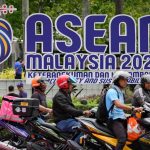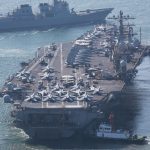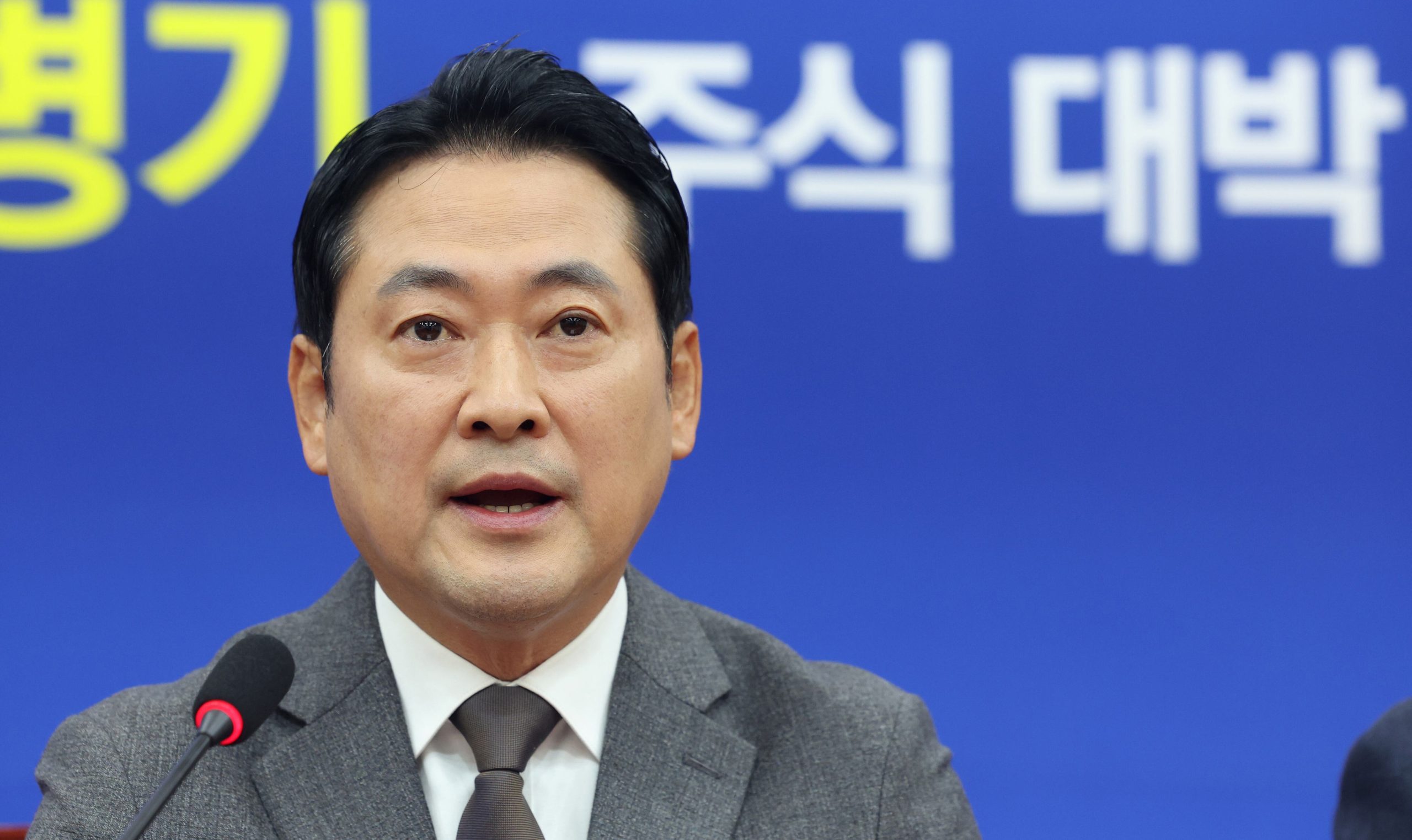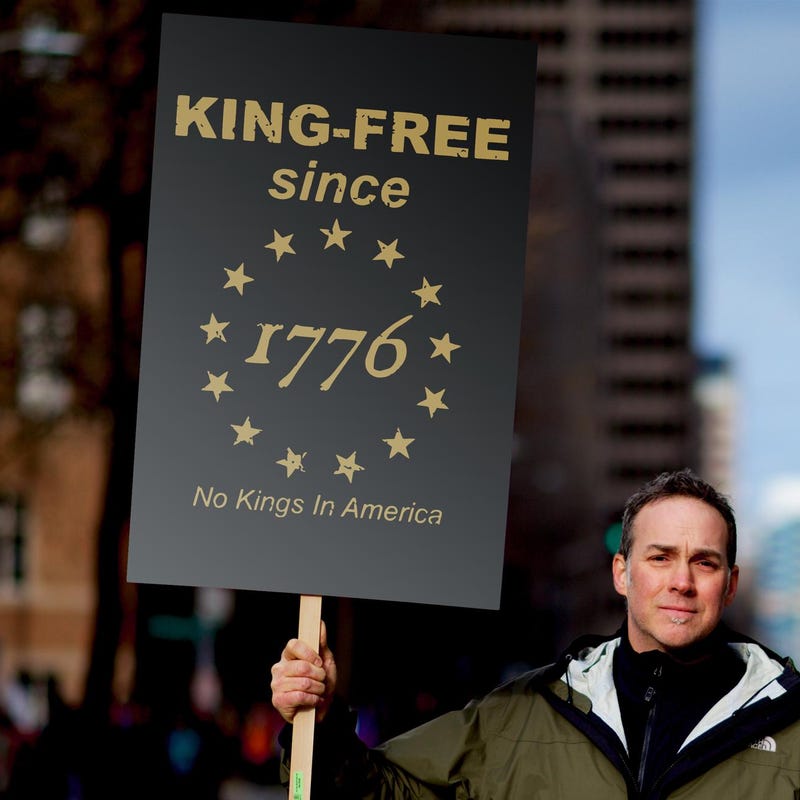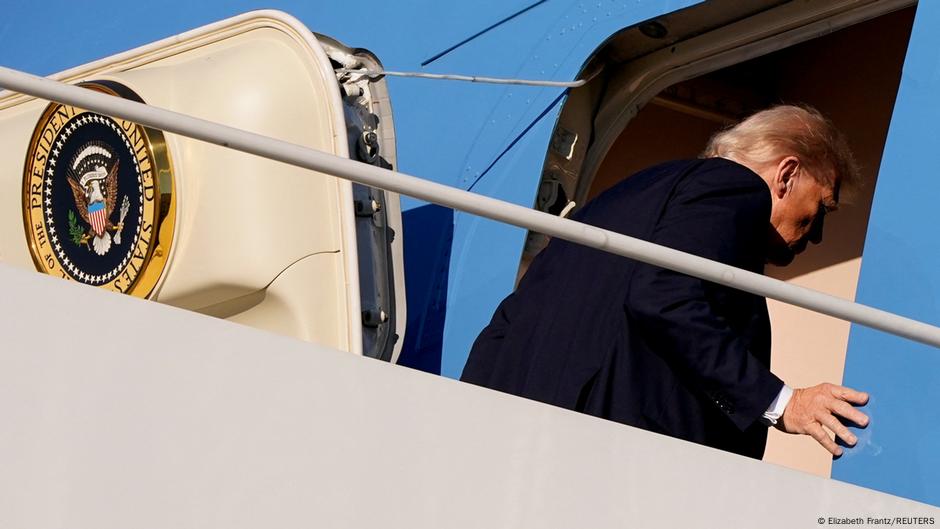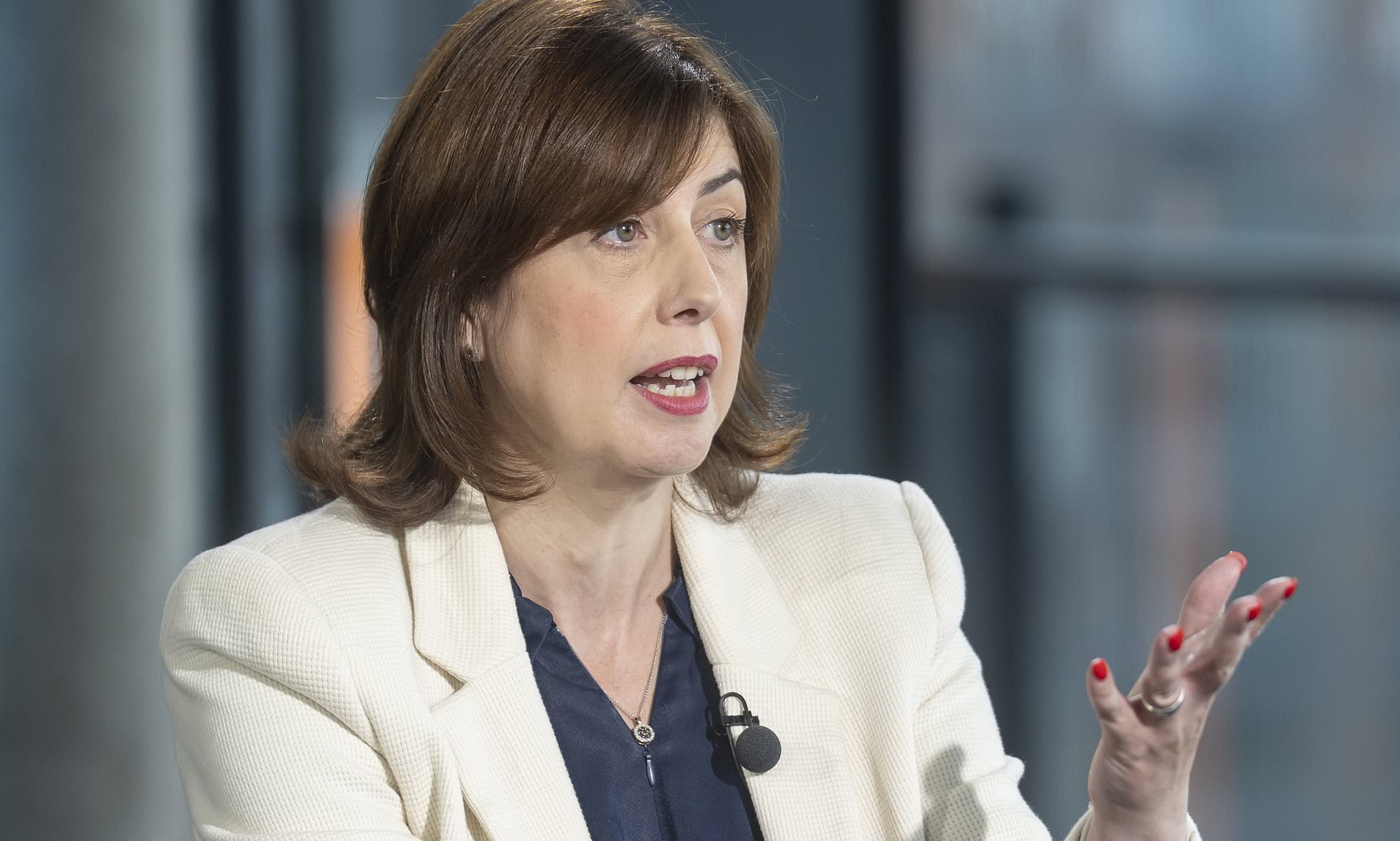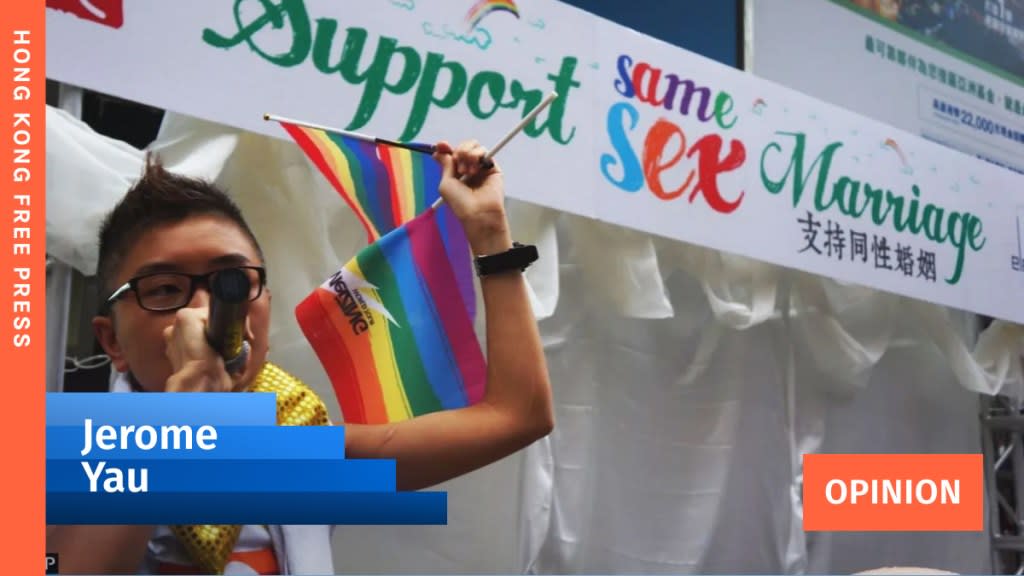Political Tensions Escalate in South Korea
Jang Dong-hyeok, the leader of the People Power Party, has raised serious concerns about the actions of President Lee Jae-myung and his administration. During a press briefing at the National Assembly, Jang accused the president of undermining judicial justice and threatening the stability of the Republic of Korea. He criticized Lee for attempting to overturn judicial decisions for a single individual, which he claims is an attack on the entire judiciary system.
During a government audit session held by the Ministry of Government Legislation, Jang demanded that Jo Won-cheol, the Minister of Government Legislation, resign. He also called for Kim Hyun-ji, the First Deputy Director of the Presidential Office, to appear before the National Assembly and answer allegations against the president. Jang argued that the minister was acting more like an attorney for the president than a public official, and that this behavior posed a significant conflict of interest.
Allegations of Legal Influence
Jang highlighted the presence of 14 individuals with legal backgrounds within the administration, whom he described as former attorneys of President Lee. These individuals hold key positions across various government departments, including the Presidential Office, the Ministry of Government Legislation, the Financial Supervisory Service, and the National Intelligence Service (NIS). Among them are notable figures such as Lee Tae-hyeong, Jeon Chi-young, Lee Jang-young, and Lee Chan-jin, among others.
Jang criticized Jo Won-cheol for shifting blame for the ongoing trials and charges against the president onto the prosecution and the Supreme Court. He claimed that the minister’s support for the president, despite the lack of a verdict, demonstrated a clear conflict of interest. Jang also pointed out that the audit session resembled a courtroom setting, where the minister’s unconditional backing of the president was seen as inappropriate.
Constitutional Concerns and Public Opinion
When asked about the possibility of President Lee serving consecutive terms under a constitutional amendment, Jang described the minister’s response as “remarkably absurd.” According to Jang, Jo claimed that while the Constitution prohibits consecutive terms, the final decision ultimately rests with the people—a claim that Jang dismissed as nonsensical. He suggested that this argument effectively leaves the decision in the hands of the president’s supporters, particularly young female activists known as “Gaeddal.”
Democratic Party member Choo Mi-ae, chair of the Legislation and Judiciary Committee, intervened to argue that there was no need for ambiguous interpretations or new controversies. Despite this, Jang continued to condemn the administration for what he described as the use of “code appointments,” “favor-return appointments,” and “shield appointments.”
The Role of Kim Hyun-ji
Jang described Kim Hyun-ji as the unofficial supreme power of the Lee Jae-myung administration, referring to her as “Dignity Hyun-ji” due to her immense influence. He noted that the government audit would conclude soon, but Kim had built a strong defense against scrutiny. The People Power Party insisted on her attendance as a witness, but the Democratic Party rejected the request.
Jang emphasized that Kim was central to all allegations against the president. He referenced a video from 20 years ago showing a physical altercation at the Seongnam City Council, suggesting that Kim had long been a key figure in the president’s operations. He revealed that circumstantial evidence indicated she had commanded the legal team of a former vice governor and even forced attorneys to resign. An audio recording of her managing election funds as a public official was also made public.
Public Demand for Transparency
A poll showed that over 60% of citizens, regardless of political affiliation, believe Kim’s attendance at the audit is necessary. Jang argued that this reflects the voice of the people. He condemned Kim’s hidden role in the administration, calling it a symbol of the destruction of the rule of law and tyranny. He urged her to come to the National Assembly and answer all allegations.
Impact on Special Counsels
Jang also addressed the three special counsels investigating issues related to insurrection, Kim Keon-hee, and a Marine Corps member. He claimed that the rejection of arrest warrants for key figures had weakened the efforts of the Marine Corps special counsel, Lee Myung-hyun. He argued that the Democratic Party’s insistence on investigative pressure had been exposed as a fabrication through the judiciary.
The rejection of arrest warrants for former Prime Minister Han Duck-soo and former Justice Minister Park Sung-jae ended the political career of Cho Eun-seok, the insurrection special counsel. Jang criticized Min Joong-ki, the special counsel investigating Kim Keon-hee, for ignoring the plight of small investors and contributing to the death of a Yangpyeong public official, leading to self-destruction. He warned that the three special counsels would be the first to face arrest investigations if the current trend continues.

